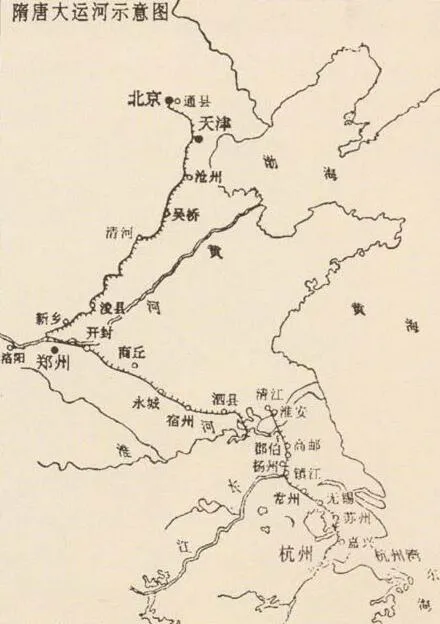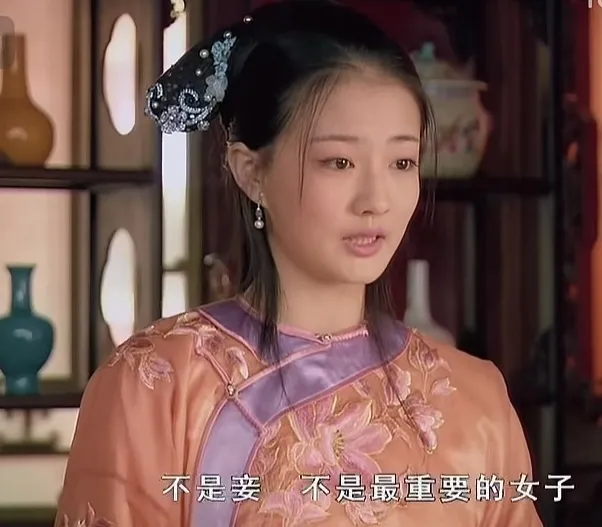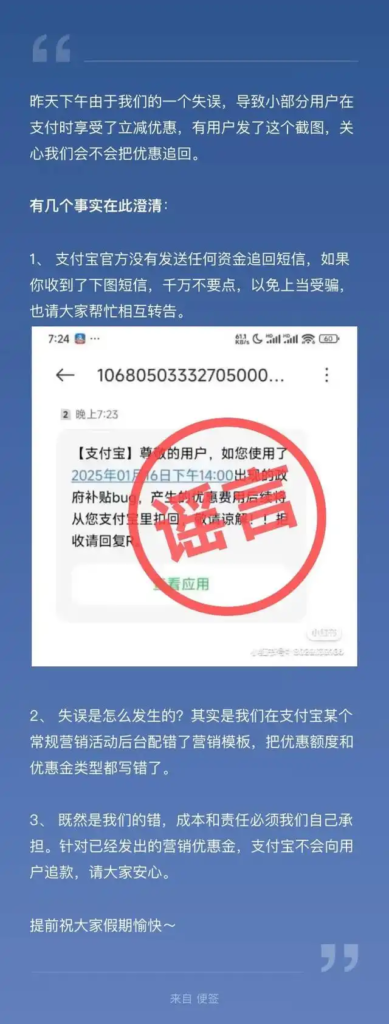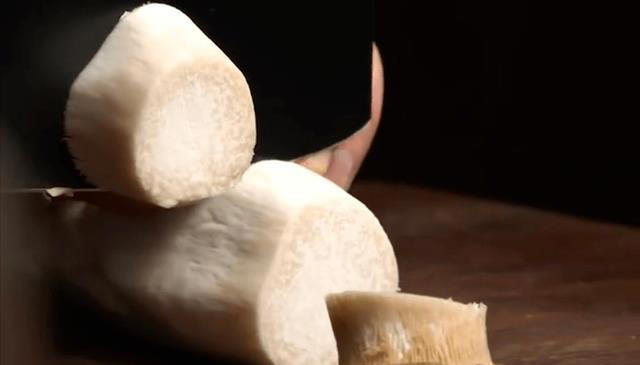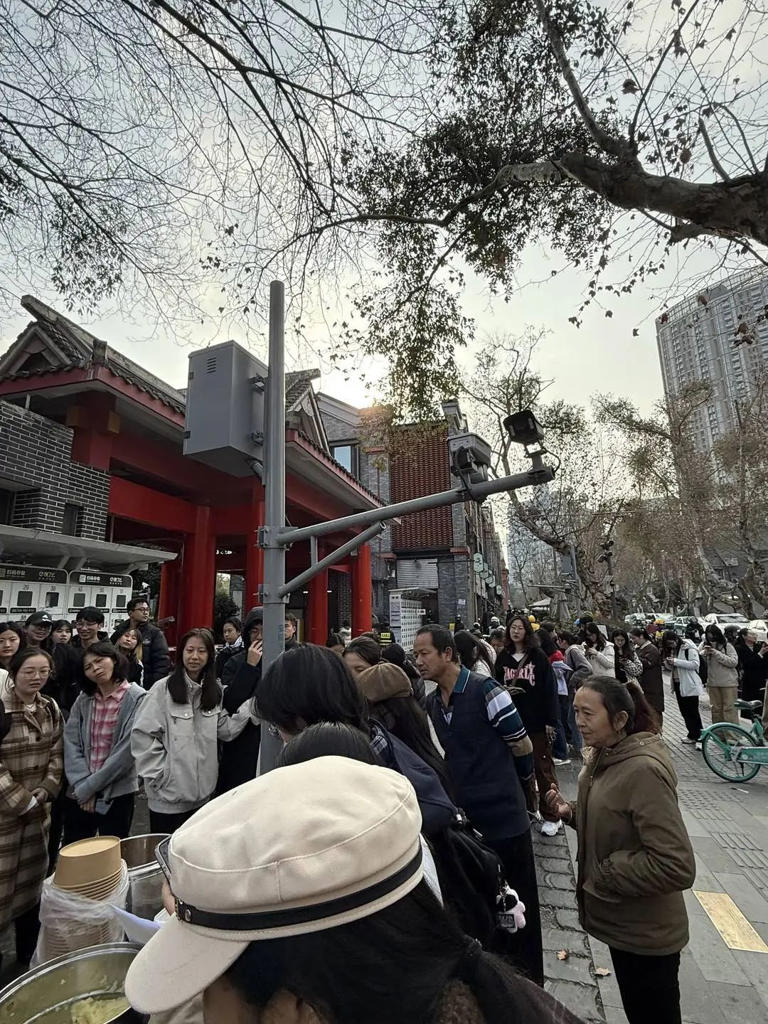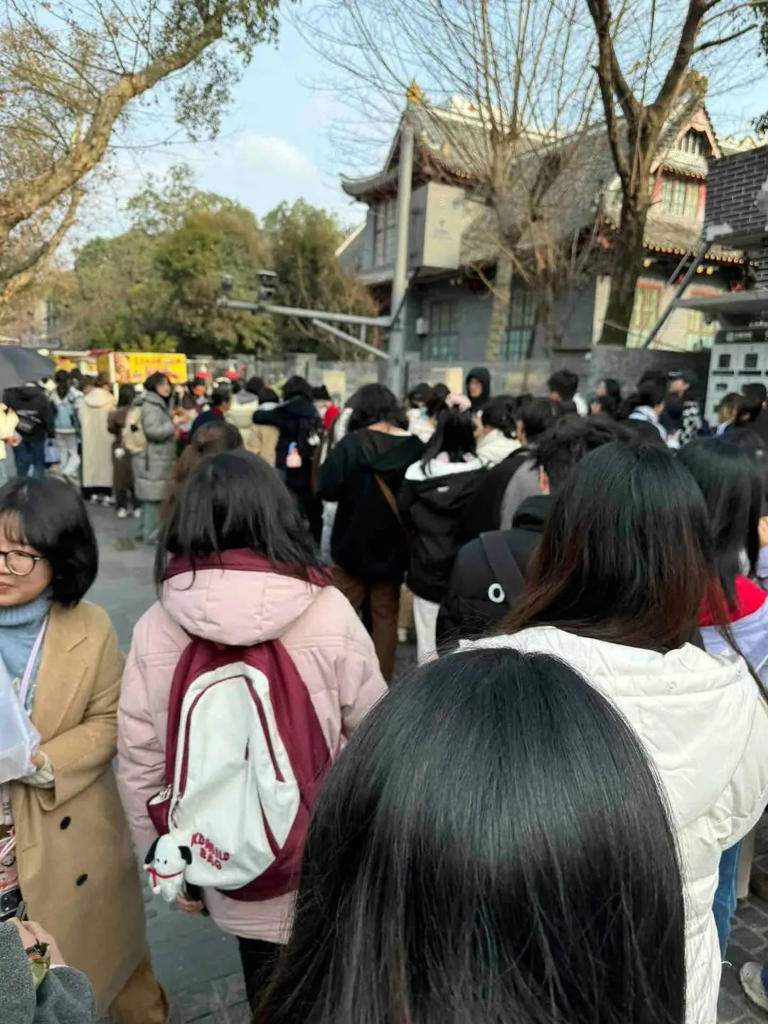In 1904, the “National Daily” outlined the mentality of the Chinese people: “After the endless spurs of the outside world and the inner world, and the politics and sea of our country have also accumulated all kinds of changes: those who insisted on trade at the beginning were not able to discuss and then discussed manufacturing; Those who insist on manufacturing but can’t do it will then discuss it and study tours; Those who insist on studying abroad but can’t do it will then discuss the change of the law; Those who insist on changing the law but can’t do it will be discussed with the emperor; Those who insist on protecting the emperor but cannot do so will be discussed and constitutionalized; Those who insist on constitutionalism but cannot do so will be discussed in the revolution. ”
A wave is not settled, a wave rises again, you push me, I squeeze you, layer upon layer, and finally build a huge wave.
It was impossible for the Qing court to ignore the demands of the scholars, so the measures of the new policy could only be continuously increased. Take the reform of the imperial examination as an example, the proposals put forward by Yuan Shikai, Zhang Zhidong and others have changed almost every few months, and each time they have taken a big step forward, and sometimes the previous proposal has not been implemented, and the next proposal has already come. In the end, the 10-year plan to replace the imperial examination with the academy came to an abrupt end in 1905, leading to the hasty abolition of the imperial examination system, which had been in place for thousands of years. However, the scholars still believed that the Qing court was not sincere, and that the reform was a blatant deception.
It can be said that after stepping into the 20th century, the rift between the Qing court and the scholars could not be bridged, but this was not the biggest dead end of the New Deal at the end of the Qing Dynasty.
When the Eight-Nation Coalition invaded Beijing, China was faced with a historical trend that was not unlikely: the great powers would divide China according to their spheres of influence and establish a colonial government in the divided land of China to replace the Qing court. If there is no lack of elements in the New Deal at the end of the Qing Dynasty to deceive the people and avoid disasters and survive, at least one of them is sincere, that is, enriching the country and strengthening the army.
The ideal of “prosperity and strength” was put forward as early as the Westernization Movement, and after 30 years of dismal management, the result was that neither the army nor the country was rich. Today, the situation is becoming more and more erosive. The Hunan army and the Huai army have become yesterday’s yellow flowers; The Treaty of Sincho contains an arms embargo, and the purchase of arms is restricted; Foreign troops were stationed at key points along the route from Beijing to Shanhaiguan to monitor the imperial court. Coupled with the huge indemnity of 982 million taels of silver, the new deal looks like an impossible task.
More crucially, the Qing court was never a powerful government.
From the perspective of world history, China’s situation is very special, with a vast ruling area and a huge population, but a very solid power structure. If you look at the experience of Europe, you don’t know how much manpower and material resources it would take to rule such a magnificent empire. However, the cost of the emperor ruling the people was very low. The Qing people had such a view that the way of governance in China was nothing more than that: the Son of Heaven carefully chose the prime minister, the prime minister carefully chose the ministers, and the ministers carefully chose the pastoral orders, only looking at the results, regardless of the process. The county magistrate only needs to do two things well – collecting taxes and maintaining stability. It is better to have one less than more. Many grassroots affairs were left to the local society (mainly the gentry).
Due to the large number of taxpayers, the collection of land tax is enough, and it can also use “never increase” to win people’s hearts; Since there are no major countries in the vicinity, military spending can be maintained at a low level. Under normal circumstances, a certain financial surplus can be generated every year, and when it accumulates to a certain extent, the emperor has the capital to build palaces or use troops on a large scale, and once the savings are used up, the empire will be very vulnerable.
With the invasion of the West, the Qing court had to carry out reforms, which required it to be “eventful”. If you want to do something, you have to spend money. It can be said that all the measures of the New Deal require money, and each of them costs a lot of money. Even if a business such as roads and mines can make money, it will require a lot of investment at the beginning, and it will take a long time before it will pay off.
The question is, where does the money come from? It is very difficult for the government to have money in the treasury, and the money can only come from the people, and if the land tax is not good, then the industrial and commercial tax can only be levied. Another way is to borrow foreign debt. These two methods of fund-raising, one called “expropriation and extortion” and the other called “betrayal of national power,” are morally unacceptable.
At that time, many people believed that foreign taxes far exceeded China’s, and there was no public resentment, because China was authoritarian and the people did not trust the government. As long as the constitution is implemented and the financial expenditure is made public, there will be a steady stream of money.
Hurd, who was in charge of China’s customs, estimated that China’s financial potential should be 8 billion mu in the 18 inland provinces of the Qing Dynasty, and that half of the 4 billion mu should be used as “land where money and grain can be exhausted”, and 200 wen per mu would be levied, and at least 400 million taels could be paid every year. Liang Qichao also estimated that the taxable land per mu in the 18 inland provinces will increase to at least 2.5 billion mu, and if you pay 1 yuan per mu, the annual income of the land can be increased to 250 million taels, and then increase

 Entering China
Entering China